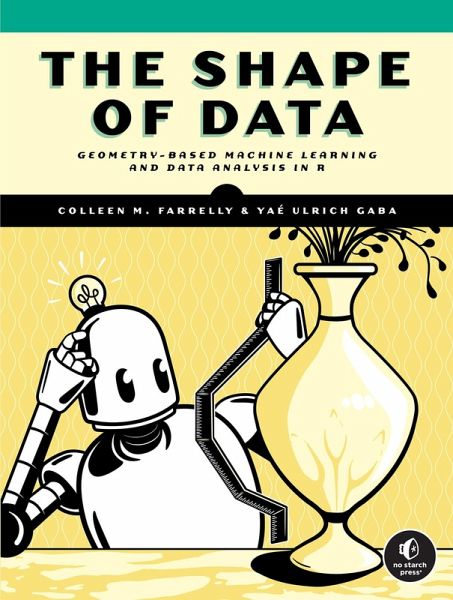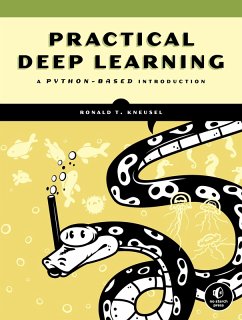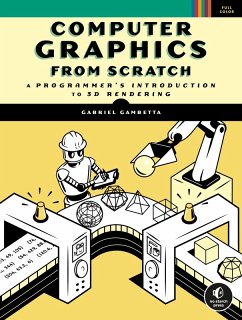
The Shape of Data (eBook, ePUB)
Geometry-Based Machine Learning and Data Analysis in R

PAYBACK Punkte
9 °P sammeln!
This advanced machine learning book highlights many algorithms from a geometric perspective and introduces tools in network science, metric geometry, and topological data analysis through practical application. Whether you're a mathematician, seasoned data scientist, or marketing professional, you'll find The Shape of Data to be the perfect introduction to the critical interplay between the geometry of data structures and machine learning. This book's extensive collection of case studies (drawn from medicine, education, sociology, linguistics, and more) and gentle explanations of the math behi...
This advanced machine learning book highlights many algorithms from a geometric perspective and introduces tools in network science, metric geometry, and topological data analysis through practical application. Whether you're a mathematician, seasoned data scientist, or marketing professional, you'll find The Shape of Data to be the perfect introduction to the critical interplay between the geometry of data structures and machine learning. This book's extensive collection of case studies (drawn from medicine, education, sociology, linguistics, and more) and gentle explanations of the math behind dozens of algorithms provide a comprehensive yet accessible look at how geometry shapes the algorithms that drive data analysis. In addition to gaining a deeper understanding of how to implement geometry-based algorithms with code, you'll explore:
- Supervised and unsupervised learning algorithms and their application to network data analysis
- The way distance metrics and dimensionality reduction impact machine learning
- How to visualize, embed, and analyze survey and text data with topology-based algorithms
- New approaches to computational solutions, including distributed computing and quantum algorithms
Dieser Download kann aus rechtlichen Gründen nur mit Rechnungsadresse in A, B, BG, CY, CZ, D, DK, EW, E, FIN, F, GR, HR, H, IRL, I, LT, L, LR, M, NL, PL, P, R, S, SLO, SK ausgeliefert werden.













